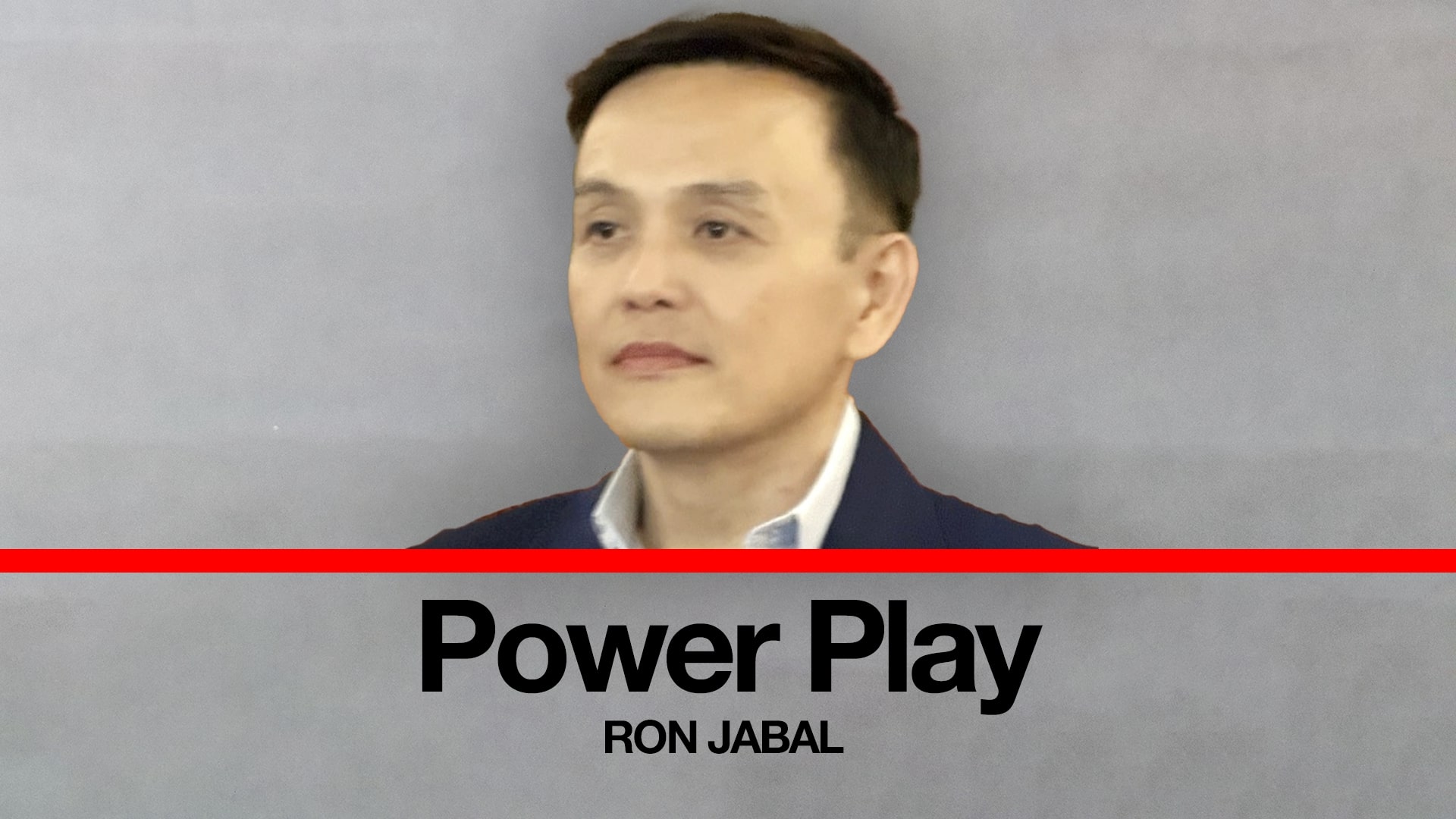It has been months since the House of Representatives approved articles of impeachment against Vice President Sara Duterte. The charges, centered on the misuse of confidential and intelligence funds, were enough to stir national debate and signal a rare crack in the once-solid alliance between the Duterte and Marcos blocs. And yet, the Senate, which is constitutionally mandated to act as the impeachment court, remains eerily still.
The continuing delay of the Senate in convening as an impeachment court, despite the House’s transmission of the articles, speaks volumes. It reveals not just the frailties of our constitutional processes but also the complex dance of political self-preservation, factional loyalty, and strategic paralysis now gripping the upper chamber.
Delay as Strategy
Let’s be clear: delay is not just a scheduling issue. It is a calculated political act.
By postponing the impeachment trial, the Senate leadership is effectively dodging the hard choice of picking a side in a brewing civil war between President Marcos and Vice President Duterte. A trial would force senators. many of whom owe their seats to either camp, to publicly commit. That commitment, in turn, could have ramifications not only for their 2028 ambitions but also for committee positions, pork barrel allocations, and media exposure.
Why antagonize the sitting president who controls the budget? Why alienate Duterte’s loyal base, especially in Mindanao, where electoral margins can swing national outcomes?
For now, delay serves as a shield.
Senate Paralysis Weakens Institutional Credibility
The Senate’s inaction feeds the growing perception that it has devolved from a chamber of sober deliberation into a venue of political hedging. It neither upholds the urgency of constitutional processes nor assures the public that no one is above accountability.
The longer this drags on, the more it erodes the idea that the Senate is capable of discharging its duties independently of political convenience. It renders hollow the speeches about good governance, transparency, and institutional integrity that many senators like to deliver during press conferences but fail to embody in action.
This paralysis weakens not only the Senate’s image but also that of the entire constitutional check-and-balance system. It tells future officials that delay is a viable tool to escape scrutiny.
The Risk of Public Fatigue and Cynicism
Every day the Senate stalls, the public grows more cynical. For a citizenry that watched the Marcos-Duterte unity unravel so quickly, the impeachment trial could have been a watershed moment: a test of whether high-ranking officials could be held accountable under a supposedly maturing democracy.
Instead, we are left with bureaucratic silence and lawyerly deflections.
This could deepen voter apathy, especially among younger citizens already disillusioned by dynastic politics and theatrical governance. It undermines civic education efforts and plays into the dangerous idea that institutions are mere extensions of political clans, not safeguards of the republic.
What Is the Endgame?
Some speculate that the Senate is merely buying time, waiting for a shift in public opinion, a new political realignment, or a quiet backroom compromise that could make the case moot. Others believe the impeachment could be weaponized closer to 2028, when the stakes are higher and loyalties need realignment.
But this “wait and see” approach is corrosive. It turns constitutional justice into political calculus. It tells citizens that legal procedures are negotiable based on timing, optics, and personal advantage.
The Duterte Brand and Marcos Strategy
The delay also reveals the strategic dilemmas of both Marcos and Duterte.
For Marcos, allowing the impeachment to proceed risks mobilizing Duterte’s base into open opposition. For Duterte, a Senate trial, especially one she might not survive, could permanently damage her 2028 viability.
Thus, what should be a matter of law and public interest is now a battlefield of branded survival. The Senate, instead of standing as an impartial venue for truth-seeking, becomes the stage for this long political chess game.
The Way Forward: Call the Trial or Call the Bluff
The Senate must remember that its role is not to protect the powerful but to preserve the integrity of our institutions.
It is time for the upper chamber to convene as an impeachment court or explain, with legal and moral clarity, why it refuses to do so. Continued silence is not neutrality. It is complicity.
If the charges are baseless, let due process clear Vice President Duterte. If they are valid, let the evidence speak. But delay only breeds doubt, suspicion, and eventual decay of democratic norms.
A republic must not pause because its leaders are unsure which side history will favor.

